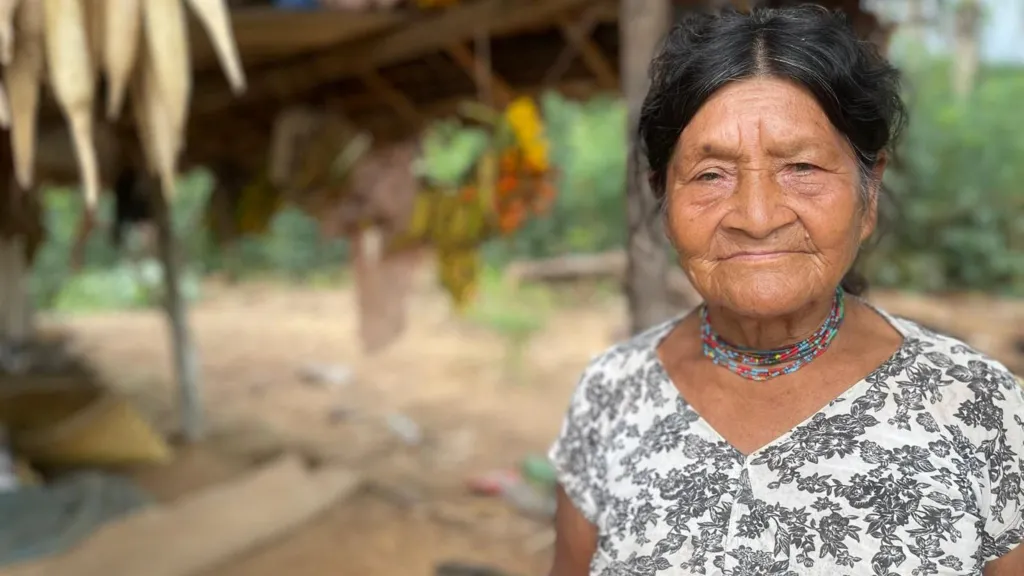We’ve probably all heard that it does, and that inflammation is behind chronic conditions such as heart disease, dementia, and cancer. Is it true though?
A word — ‘inflammaging’ — has even been coined to describe the way an ageing immune system triggers this low-level inflammation throughout our bodies.
But a recent study has scientists asking whether it’s all as normal as we’ve come to believe.
The study was compiled by a team of researchers from Europe, Canada, America, and Asia. They compared inflammatory patterns in four groups of people from different parts of the word — two from industrialised countries (Italy and Singapore), and two from indigenous communities living more traditional lifestyles (the Tsimane from the Bolivian Amazon and the Orang Asli from the forests of Malaysia).
The Tsimane are hunters and foragers, but they also cultivate crops. They’re believed to have the world’s lowest levels of cardiovascular disease. Health issues for them are more likely to involve parasites or infection. (That’s a Tsimane woman in the photo.)
The Orang Asli from peninsular Malaysia comprise several ethnic groups and sub-groups. They also rely on hunting and gathering and grow rice.
While it’s probably fair to say that no groups remain completely untouched by industrialisation, these two seem to be as close as it gets.
Blood testing is the standard way to measure the chemicals that regulate inflammation in our bodies. In this case the researchers analysed samples from more than 2800 people to see whether the same patterns showed up in all groups.
Interestingly, they didn’t.
Among the Italians and Singaporeans, levels of inflammatory markers increased with age, as we’d expect. And higher levels of inflammation were linked with higher levels of chronic disease. The same would show up in Australia.
This pattern wasn’t reflected in the Tsimane and Orang Asli though. There seems to be no connection between age and inflammation in these groups.
Among the Tsimane, inflammation levels were often high, probably because of infections, but chronic disease levels weren’t.
One possible explanation is that inflammation isn’t so much a feature of ageing, but a consequence of our lifestyles. That would mean it’s not inevitable.
Another explanation might be that inflammaging still occurs in humans everywhere regardless of lifestyle, but that this happens at a cellular level we’re not yet able to measure with blood tests.
There will always be pros and cons to living in a modern Western country, as there would be to living in a tribe in a forest.
The usual advice we’re given for avoiding or reducing chronic inflammation is to exercise, eat fresh whole food and avoid the processed stuff, don’t overeat, manage stress — you know the drill.
All of these help to look after our gut, which is where our immune system lives. A healthier gut should mean less inflammation.
In sum, we can’t be certain what these findings are telling us, but they should at least challenge our assumptions about ageing and remind us that we don’t know as much as we thought we did. Which can only be a good thing.
Photo Source: BBC

